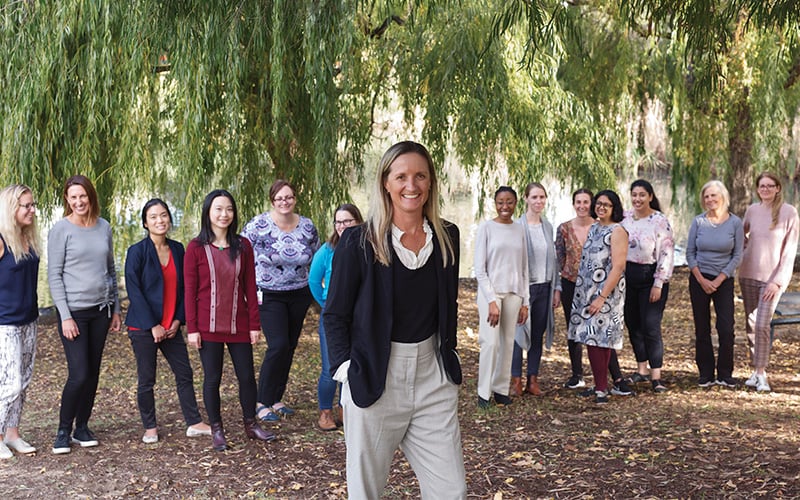Search

The world’s leading preterm scientists and doctors have joined forces to help give babies born very prematurely, the best possible life.

The following maps highlight the Indigenous suicide rate trends over time (from 2001 to 2012) in different regions of Australia.

One hundred years after the discovery of insulin, technology advancements are being heralded as the dawn of a new era for managing type 1 diabetes (T1D) in young people.

Research into the potential health impacts of vaping is starting to back up concerns that electronic cigarettes (e-cigarettes) are not as benign as many people think.

The Kids Research Institute Australia researchers are urging governments to listen more to what kids need.

An interactive Child Development Atlas is giving policymakers, planners and services easy access to important data about the health and wellbeing of WA families.

In early 2021, The Kids Research Institute Australia researcher Dr Amy Finlay-Jones led a global team in trying to answer that question to help better prioritise mental health spending.
Research
Support Preferences and Clinical Decision Support Systems (CDSS) in the Clinical Care of Autistic Children: Stakeholder PerspectivesClinical decision support systems (CDSS) are increasingly utilised within healthcare settings to enhance decision making. However, few studies have investigated their application in the context of clinical services for autistic people, with no research to date exploring the perspectives of the key stakeholders who are, or in the future may be, impacted by their use.
Research
Investigating the impact of developmental coordination difficulties across home, school, and community settings: Findings from the Australian Impact for DCD surveyTo evaluate the participation difficulties experienced by children with developmental coordination disorder in home, school, and community environments.
Research
Time-course RNAseq data of murine AB1 mesothelioma and Renca renal cancer following immune checkpoint therapyTime-critical transcriptional events in the immune microenvironment are important for response to immune checkpoint blockade (ICB), yet these events are difficult to characterise and remain incompletely understood. Here, we present whole tumor RNA sequencing data in the context of treatment with ICB in murine models of AB1 mesothelioma and Renca renal cell cancer.
